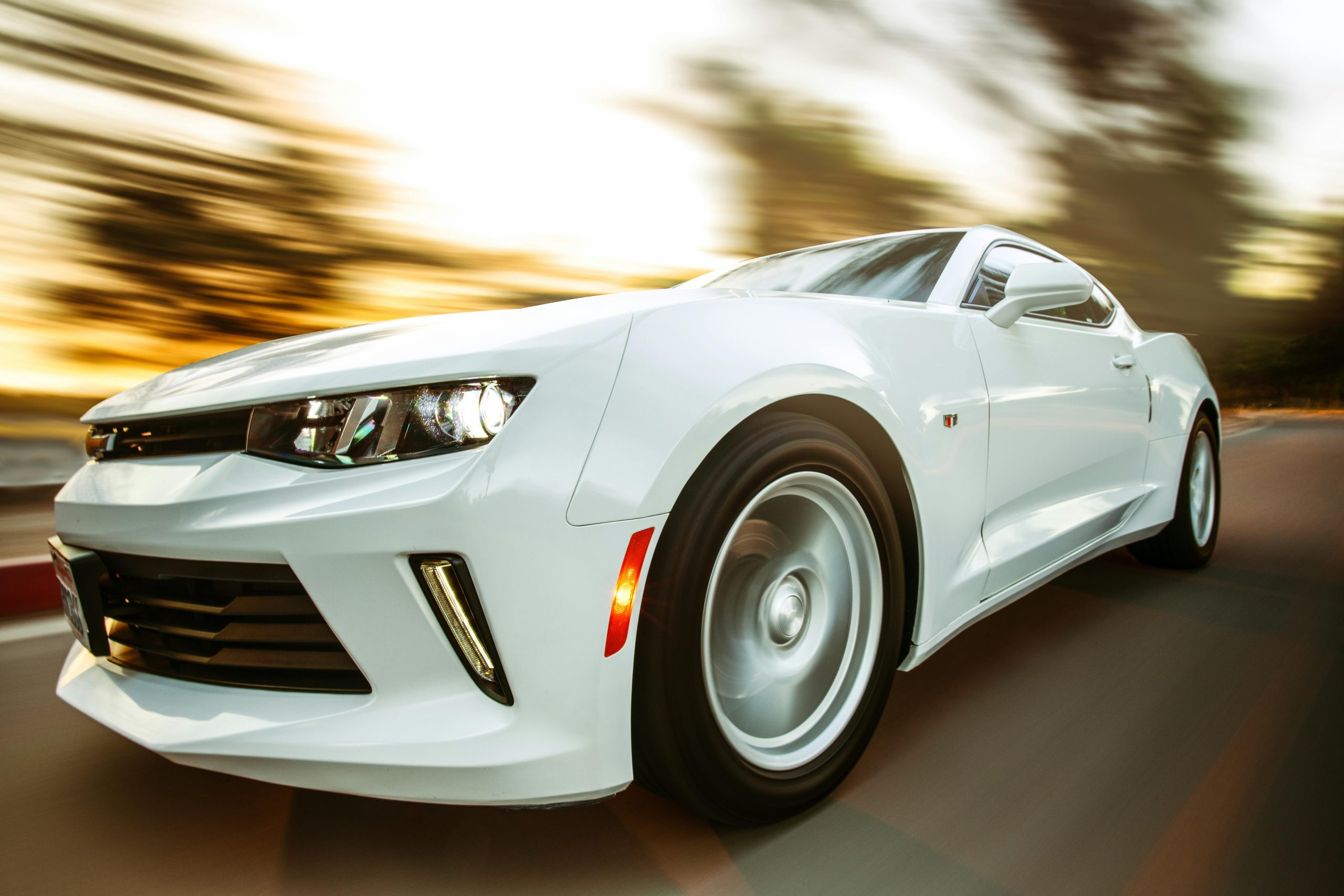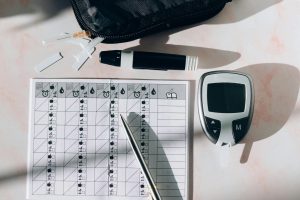Drunk Driving Prevention: Cars That Test Sobriety
Drunk driving is a serious issue that continues to plague our society. Every year, thousands of lives are lost due to accidents caused by drivers operating their vehicles under the influence of alcohol. While we have implemented measures such as stricter penalties and public awareness campaigns, drunk driving still remains a major problem. Thankfully, advancements in technology have allowed for the development of new solutions to help prevent drunk driving. One such solution is cars that test sobriety before allowing a driver to get behind the wheel. Let’s take a closer look at how these cars work and the potential impact they could have on preventing drunk driving.
The Need for Drunk Driving Prevention
According to the National Highway Traffic Safety Administration (NHTSA), drunk driving fatalities accounted for 28% of all traffic fatalities in 2019. This equates to one alcohol-impaired driving fatality every 50 minutes in the United States. These statistics are alarming and show the urgent need for effective solutions to prevent drunk driving.
While we have made progress in reducing the number of drunk driving fatalities over the years, it is still a major problem. Traditional methods of preventing drunk driving, such as public awareness campaigns and stricter penalties, have not been entirely successful. This is where cars that test sobriety come into play.
What are Cars That Test Sobriety?
Cars that test sobriety, also known as alcohol interlock systems, are devices installed in a vehicle that measure the level of alcohol in a driver’s breath. Before starting the car, the driver must blow into the device, and if the alcohol level is above the legal limit, the car will not start. These devices are designed to prevent a driver from operating their vehicle if they are intoxicated.
Alcohol interlock systems have been around for years, but recent advancements in technology have made them more reliable and easier to use. Some systems can also take a picture of the driver’s face to ensure that they are the ones blowing into the device, further preventing any fraudulent attempts to bypass the system.
The Potential Impact of Cars That Test Sobriety
Cars that test sobriety have the potential to significantly reduce drunk driving fatalities. In fact, studies have shown that alcohol interlock systems can reduce repeat DUI offenses by up to 70%. This not only protects the driver and their passengers, but also other drivers and pedestrians on the road.
Furthermore, these devices can also have a positive impact on the overall safety of our roads. By preventing intoxicated drivers from starting their car, they can reduce the number of accidents caused by impaired driving. This can also have a significant impact on the cost of accidents, both in terms of economic and personal losses.
The Challenges of Implementing Cars That Test Sobriety
While cars that test sobriety sound like an ideal solution for preventing drunk driving, there are still some challenges that need to be addressed before they can be widely implemented.
The main challenge is the cost of these systems. Currently, alcohol interlock systems can cost anywhere from $70 to $150 to install, with an additional monthly fee for monitoring. This can be a significant financial burden for some drivers, especially those with low incomes.
Another challenge is the potential for false positives. As with any technology, alcohol interlock systems can malfunction and give a false reading, preventing an innocent driver from starting their vehicle. This can be a frustrating experience and may discourage some drivers from using these devices.
Conclusion
Drunk driving is a serious issue that requires urgent attention. While traditional methods of prevention have not been entirely successful, cars that test sobriety offer a promising solution. By preventing intoxicated drivers from operating their vehicles, these devices can significantly reduce the number of drunk driving fatalities and make our roads safer for everyone. However, there are still challenges that need to be addressed before these devices can be widely implemented. With continued advancements in technology and support from the government, we can hope to see a future where cars that test sobriety are a common feature in all vehicles.








